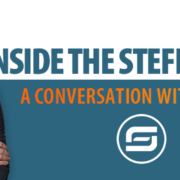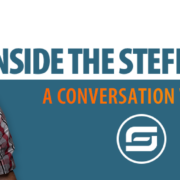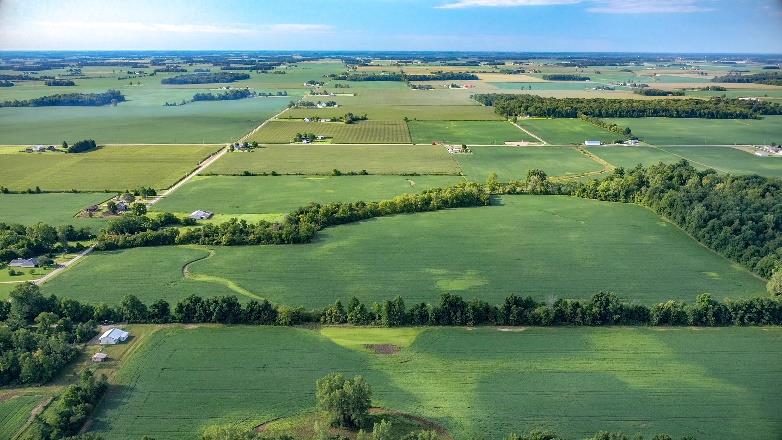“Every Auction Tells A Story”
I wanted to take a moment today to share some reflections on just how interesting the auction business really is — and the wide variety of things I’ve seen over my nearly three decades in this profession.
When someone calls me, it’s usually one of two moments in their life. Sometimes, it’s a happy occasion — they’re retiring, downsizing, and moving to a sunny place to enjoy the next chapter. More often than not, though, it’s a stressful or emotional time. Families call to settle the estate of a parent who has passed, a surviving spouse needs to sell a home, a business is closing and needs to be liquidated, or a lender needs seized assets or real estate sold. And everything in between. As you can imagine, after nearly 30 years, I have truly seen it all. I often say I could write a book.
One rule has guided me throughout my career, and it’s a principle we live by at our firm: this is someone’s entire life we’re handling. Many times, it’s one of the most significant financial transactions they will ever make. We are entrusted with something bigger than just “selling stuff” — we are entrusted to tell their story. That’s why our motto is: “Every Auction Tells a Story — of People, of Legacy, of Things that Matter.”
Just in the past few weeks, I was reminded again of how unique every situation is. One day, I visited a non-descript country home. The family called after their brother had passed away and asked us to help. Walking through the barns on the property, I certainly didn’t expect what I found — four helicopters, along with a treasure trove of other unique items. It was a glimpse into a fascinating life.
Later that same week, I met with a family whose parents had decided to take life easier and move into a senior living community. The father, a remarkably handy and resourceful man, had spent his retirement restoring wooden boats. I stepped into his garage and found nearly 100 antique boat motors, carefully collected and preserved over the years.
Every day is different in the auction business. Every story is different. And that’s what makes it so special. I always say: to be a good auctioneer, you have to know a little bit about a lot of things.
It’s an honor to do what we do — helping families transition to their next chapter, preserving legacies, and sharing the stories behind the things that matter most.
As always, keep dreaming big, investing wisely, and remember—whether it’s homes, businesses, treasures, or transitions, we’re here to help you move forward.
Until next time,
Brandon Steffen




